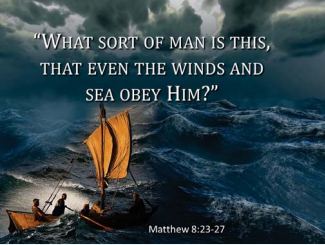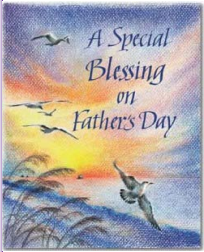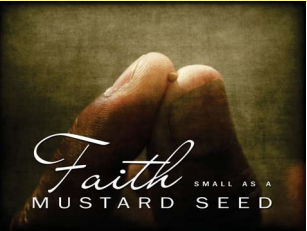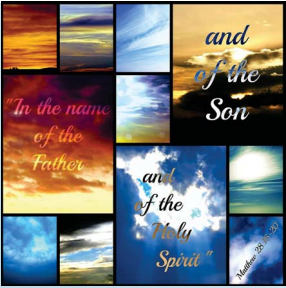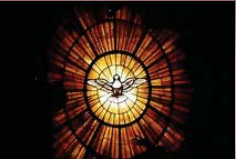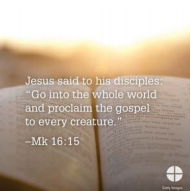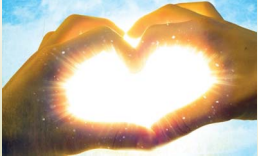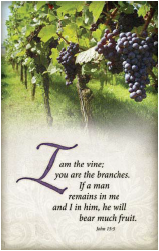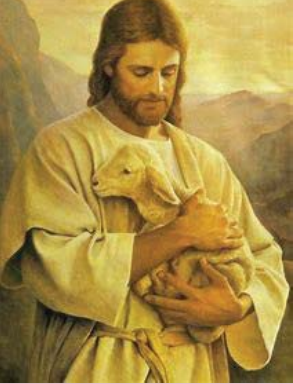Don’t be afraid
https://stmarystcatherine.org/wp-content/themes/osmosis/images/empty/thumbnail.jpg 150 150 Charlestown Catholic Collaborative Charlestown Catholic Collaborative https://stmarystcatherine.org/wp-content/themes/osmosis/images/empty/thumbnail.jpgIt seems to me the most powerful motivation in our daily lives is fear. I’m not speaking about the kind of fear that is nail biting and panicking, rather it’s much more subtle and it shapes our decisions and frames our daily choices and actions. One of the delightful things about children is they are often fearless and while that can be, of course, dangerous in one sense, it is wonderful to watch their freedom to explore, inquire and enter into all kinds of moments.
As we mature, we learn we have to measure up both to our own standards and expectations of family, teachers, employers and the broader community. Of course, it is a learning process for all of us and a beautiful one that includes successes and failures. On one level, fear is excellent in keeping us safe and helping us reach our goals. On another level, it can be crippling, holding us back and leaving us feeling incomplete and unsatisfied.
In all of this, one other critical intersection is between faith and fear. That is, to face our fears, consider what having faith really means, seek an appropriate balance, and step forward guided less by fear and more by faith. In the life of Jesus, He often urges people not to be afraid rather to believe.
This weekend we read the story of the father whose daughter is gravely ill, he seeks out Jesus and begs him to come and heal her. Naturally, he is afraid for his daughter’s life and Jesus counsels him not to be afraid rather to have faith. Every one of us has been in crisis moments when fear has gripped us and yet we wondered what role faith might have in such moments. Seems to me the fear is based upon our expectations of what ought to be, what we hope to be or in some way directed toward our desired end. On the other hand, faith may call us to let go of that end and trust that going forward will lead us to a place that will be all right whether or not it is the place we thought we ought to be.
Here in the first days of summer 2021, after the most turbulent year in the nation’s history everyone is seeking to return to some place of normalcy. At the same time we’re not sure what normal is going to look like in our work, in our
family, community, nation or the world. How can a person of faith look towards tomorrow? Can I look towards tomorrow, uncertain of the details and/or the outcomes, nonetheless with hope? I believe that is the gift that our faith offers each of us; not to hold on tightly to the script we imagine to be the right one, rather to trust that God will see us through tomorrow whatever that might be.
Father Ronan
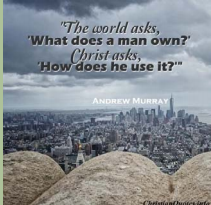
Thirteenth Sunday in Ordinary Time
June 26/27, 2021
In today’s second reading, St. Paul teaches the community at Corinth about a spirituality of giving. He urges them to give and helps them understand that through their generosity, they will in turn be recipients of a spiritual abundance. They will receive from those who are the beneficiaries of their own giving a reciprocal gift that amounts to an equality of giving that deepens their relationship with Christ Jesus.
A good reflection this week would be to think of the ways your own life has been enriched by your generosity.
How might you have reaped a spiritual abundance through your own generous behavior?

